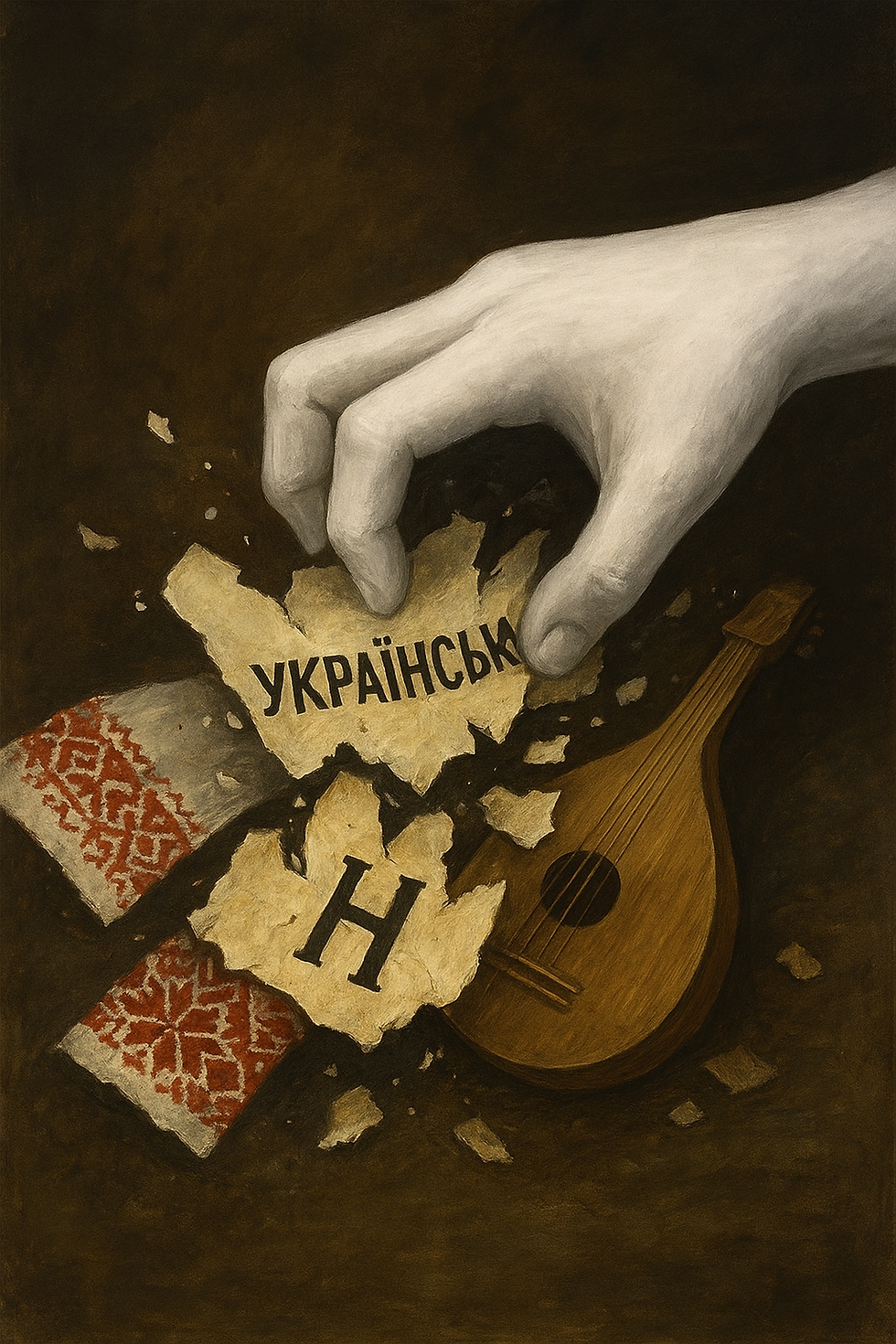From War to Legacy: The Royal Family’s Commitment to Remembrance
- Chloe Heuchert
- 7 days ago
- 3 min read

While Remembrance Day is observed across the United Kingdom and Commonwealth, the British Royal Family’s involvement deserves examination. Their annual presence at ceremonies such as the Cenotaph in London is not simply a matter of tradition or ceremonial duty. Instead, it reflects deep historical roots, a symbolic connection to national sacrifice, and an ongoing effort by the monarchy to align itself with the memory of those who served. Their participation illustrates how remembrance has become interwoven with the British identity and, importantly, the monarchy’s role within it.
For the Royal Family, remembrance is not abstract. It is tied to personal service and lived experience. Members of the monarchy have served in the armed forces for generations, positioning them alongside veterans rather than apart from them. This connection is not always acknowledged, but it is foundational. From King George VI’s naval service during the First World War to Queen Elizabeth II's work in the Auxiliary Territorial Service; where she trained as a mechanic and military driver during the Second World War. The monarchy has deliberately emphasized its direct ties to national defense. The act of remembrance thus becomes more than ceremonial mourning; it becomes a reaffirmation of a shared history of duty.
The modern practice of royal remembrance can be traced back to King George V. In 1919, he led the first national Armistice Day ceremony, standing among military leaders, grieving families, and ordinary citizens. The scars of the First World War were fresh, and grief touched nearly every household in Britain. The monarchy’s presence at the center of commemoration was deliberate. At a time when nations were redefining themselves after unprecedented loss, the Crown positioned itself as a symbol of continuity. The monarchy could mourn with the people, stand with the bereaved, and claim legitimacy through shared sacrifice.
Blending tradition, symbolism, and emotional resonance continued across the twentieth century. Queen Elizabeth II attended Remembrance Sunday ceremonies each year of her reign, missing only those she physically could not. Her presence became synonymous with continuity, and her personal wartime service strengthened public perceptions that remembrance was not merely symbolic for her, but deeply personal. She famously referred to the sacrifices of wartime generations as 'a debt of gratitude we can never repay, but can only honor.'
Today, King Charles III carries that legacy forward. He has referred to Remembrance Day as a moment to reflect not only on the past but on the values that shaped modern Britain: courage, resilience, and shared duty. His attendance, alongside other senior royals such as the Prince and Princess of Wales, reinforces the monarchy’s ongoing commitment to remembrance as central to its identity. In a time of shifting political landscapes, debates about the monarchy’s relevance, and changing public sentiment, the royals’ presence at remembrance events becomes even more significant. It signals stability and a connection to the nation’s collective memory at a moment when such anchors can feel increasingly rare.
Yet the Royal Family’s involvement in Remembrance Day also prompts broader reflection. Their participation serves as a reminder that remembrance is not passive. It is not only about looking backward, but about understanding how the memory of war shapes national consciousness today. The monarchy uses remembrance to reinforce its ties to the public, to embody continuity, and to signal that identity and history must not be forgotten amid modern challenges.
As millions wear the poppy, observe two minutes of silence, and honor those lost in conflict, the Royal Family stands among them, not above them. For the monarchy, Remembrance Day represents more than a ceremony; it is an act of national unity and a reaffirmation that memory is essential to understanding who Britain is today.
Understanding this connection is more important than ever. Before debating the monarchy’s place in modern society, we must recognize its historic role in shaping national remembrance. The Royal Family’s participation is not merely a relic of tradition; it is a deliberate and enduring declaration that the sacrifices of the past continue to define the present. Through remembrance, the monarchy seeks not only to honor the fallen, but to remind the nation, and itself, of the values it claims to represent: service, duty, loyalty, and memory.



Comments